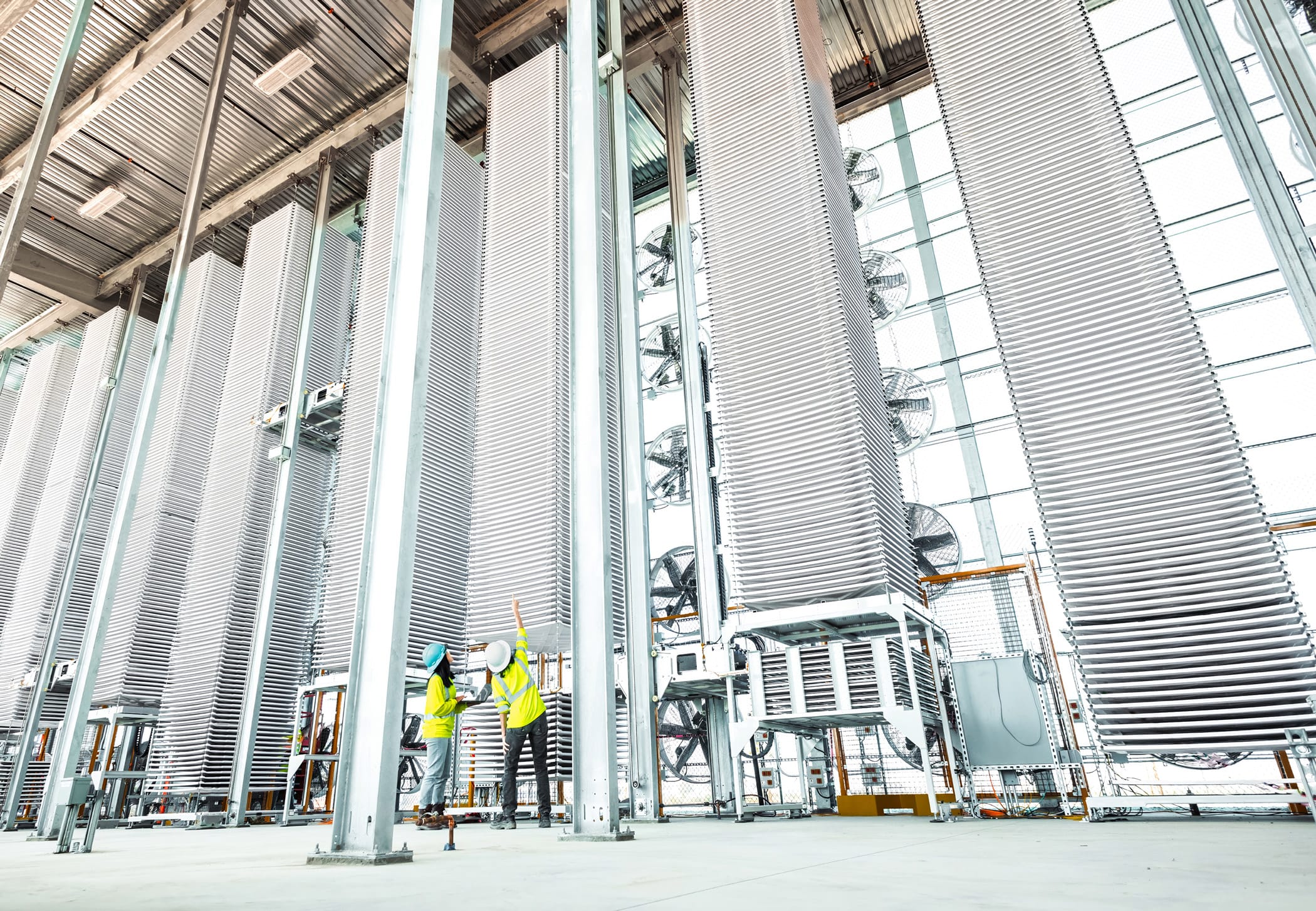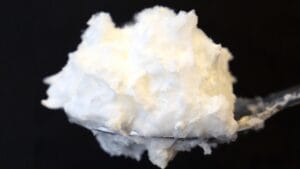Google Analytics is a powerful tool that tracks and analyzes website traffic for informed marketing decisions.
Service URL: policies.google.com (opens in a new window)
_gac_
Contains information related to marketing campaigns of the user. These are shared with Google AdWords / Google Ads when the Google Ads and Google Analytics accounts are linked together.
90 days
__utma
ID used to identify users and sessions
2 years after last activity
__utmt
Used to monitor number of Google Analytics server requests
10 minutes
__utmb
Used to distinguish new sessions and visits. This cookie is set when the GA.js javascript library is loaded and there is no existing __utmb cookie. The cookie is updated every time data is sent to the Google Analytics server.
30 minutes after last activity
__utmc
Used only with old Urchin versions of Google Analytics and not with GA.js. Was used to distinguish between new sessions and visits at the end of a session.
End of session (browser)
__utmz
Contains information about the traffic source or campaign that directed user to the website. The cookie is set when the GA.js javascript is loaded and updated when data is sent to the Google Anaytics server
6 months after last activity
__utmv
Contains custom information set by the web developer via the _setCustomVar method in Google Analytics. This cookie is updated every time new data is sent to the Google Analytics server.
2 years after last activity
__utmx
Used to determine whether a user is included in an A / B or Multivariate test.
18 months
_ga
ID used to identify users
2 years
_gali
Used by Google Analytics to determine which links on a page are being clicked
30 seconds
_ga_
ID used to identify users
2 years
_gid
ID used to identify users for 24 hours after last activity
24 hours
_gat
Used to monitor number of Google Analytics server requests when using Google Tag Manager
1 minute





Alguno de los triunfos de nuestra baraja consisten en un puñado de startups que han ideado diferentes métodos y tecnologías para la captura de ese CO2 disperso en la atmósfera. Una de estas startups es la norteamericana Heirloom Carbon que se dedica precisamente a esto, capturar el dañino CO2 de la atmósfera pero lo hace de una manera completamente diferente al resto de sus competidores. Heirloom Carbon utiliza piedra caliza en lugar de sustancias químicas complejas en su proceso.
Precisamente este factor diferencial es el que les va a permitir jugar con ventaja al respecto de lo que ya existe. El coste de capturar CO2 y convertirlo y almacenarlo en forma de energía o calor es muy alto, en torno a $600 a $1000 la tonelada métrica. El desarrollo de su tecnología, gracias a una inyección de $150 millones en una ronda de financiación de Serie B, permitirá que este proceso se reduzca a $200 o $300 la tonelada métrica en los próximos diez años. Un coste realmente atractivo y económicamente viable para cualquier industria y/o Gobierno.
Actualmente Heirloom está construyendo una enorme planta de tratamiento de CO2 mediante piedra caliza en Luisiana – EEUU que estará plenamente operativa para el año 2026. Mientras tanto vende créditos de carbono (mecanismo financiero que incentiva la reducción de GEI) a gigantes como Microsoft, Meta, Autodesk o H&M entre otros.